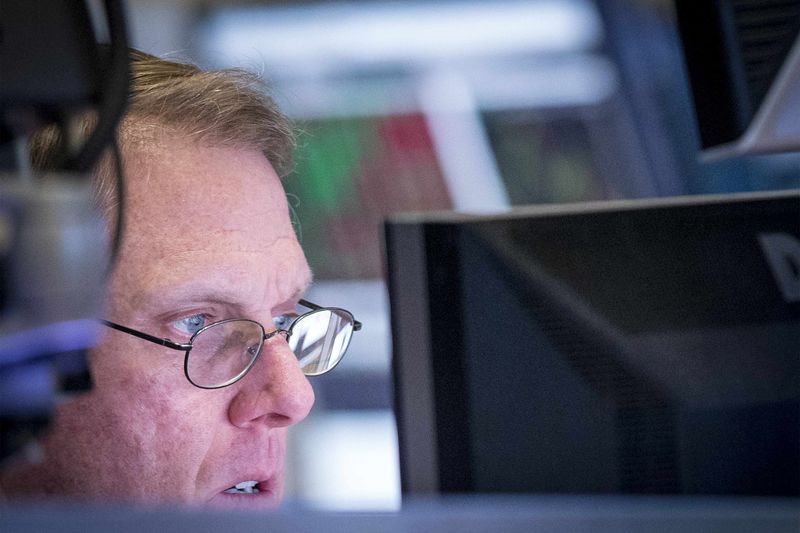Swedish buy-now-pay-later giant Klarna’s volatile valuation has shot up again after major shareholder Creades reportedly increased the value of its stake by $11.3 million.
According to Bloomberg, this suggests a valuation of $7.85 billion Klarna valuation, a 17% increase from Klarna’s $6.7 billion valuation penned in July 2022 following an $800 million funding round.
It follows Klarna’s first profitable quarter in four years as reported last month, but the group still has a long road ahead if it hopes to regain the $45.6 billion valuation it landed following a 2021 cash injection led by Japan's SoftBank.
Even with the recent upgrade in mind, Klarna is worth just 13% of what it was a couple of years ago.
Klarna’s devaluation occurred following large-scale workforce and office space reductions, a shift in customer behaviours, and a wider downturn in tech stocks in the face of inflation and rate hikes.
Unicorn fund Chrysalis warned of a write-down on its Klarna investment in July 2022 when the hype surrounding the trendy BNPL sector began to pop.
Buy now, write-down later
It was just one of a number of write-downs in the space following a wave of investment into BNPL startups.
Australian BNPL provider Afterpay was valued at $29 billion when Twitter founder Jack Dorsey’s Block Inc (NYSE:SQ). took it over in February 2022.
Now incorporated into Block’s e-commerce stack, Afterpay’s current valuation is uncertain, but a Payments Dive article mulled the possibility of Block writing down its Afterpay acquisition to as little as $6 billion.
A month after Block acquired Afterpay, Goldman Sachs (NYSE:GS) acquired US-based GreenSky – a vintage BNPL firm established back in 2006 – for $2.23 billion.
Goldman’s has since capitulated on the investment and is seeking to sell it off at a loss.
IPO target still well off
Despite a slight reprieve on Klarna’s valuation, it’s still below the $15 billion price tag the group is gunning for in its highly anticipated initial public offering.
Klarna is also facing reputational hurdles.
British customers have been increasingly using BNPL platforms like Klarna to cover essential purchases during the cost-of-living crisis, but campaigners have warned of mounting debt burdens associated with the payment model.
